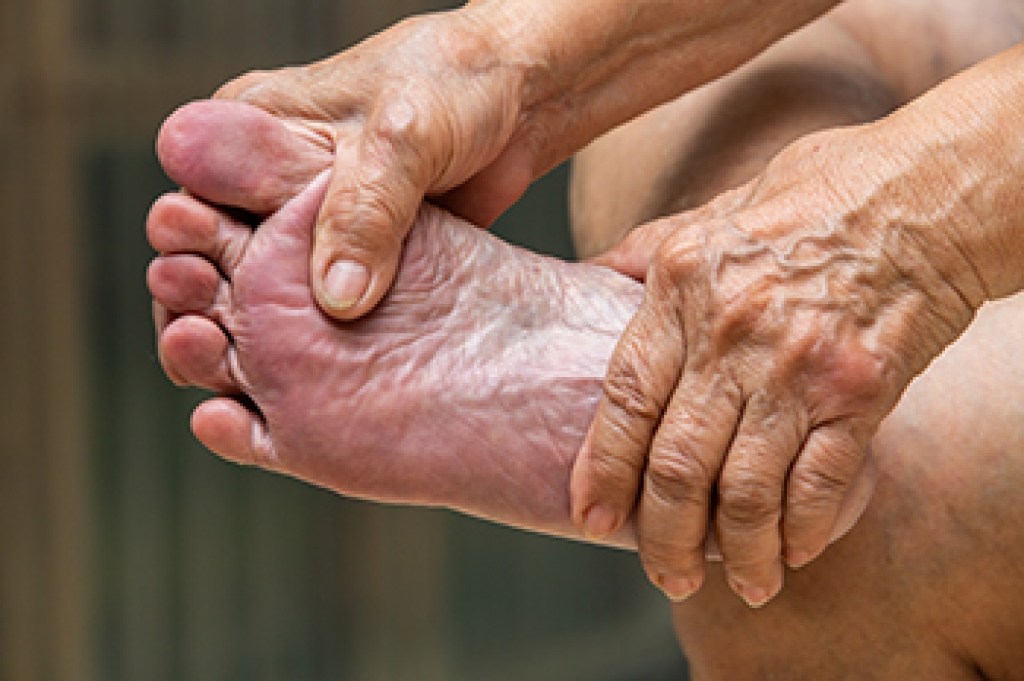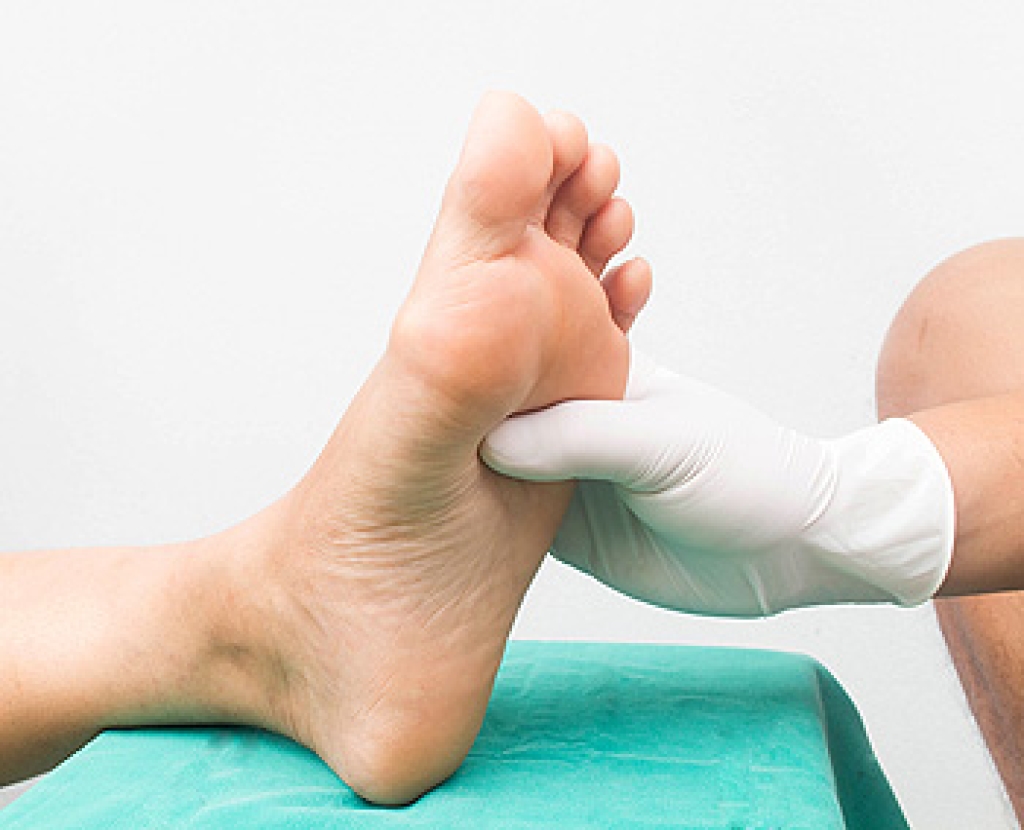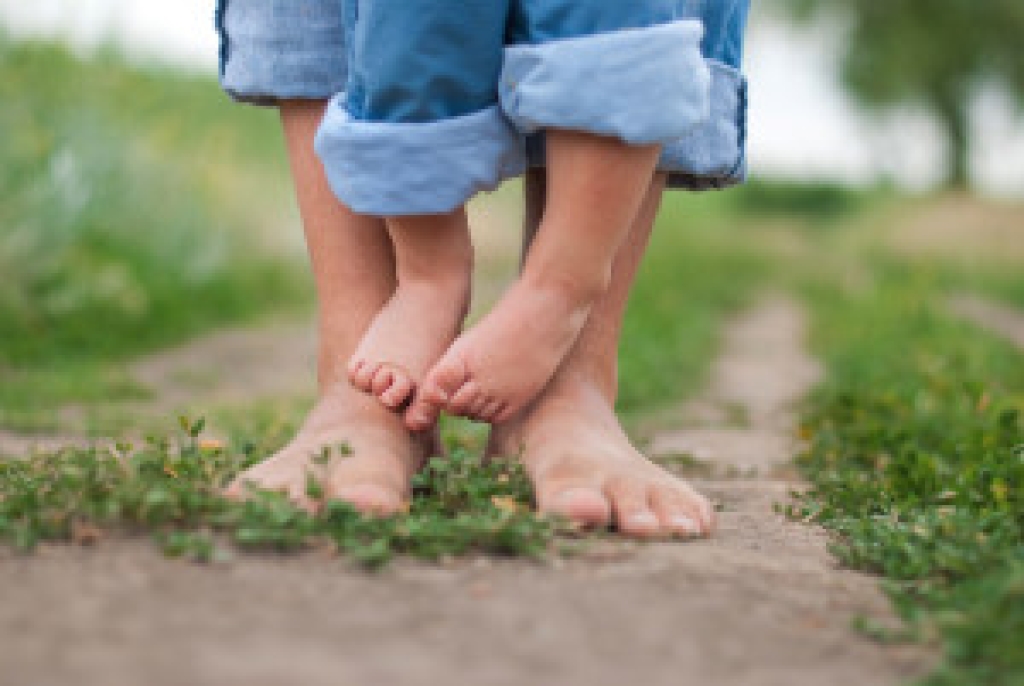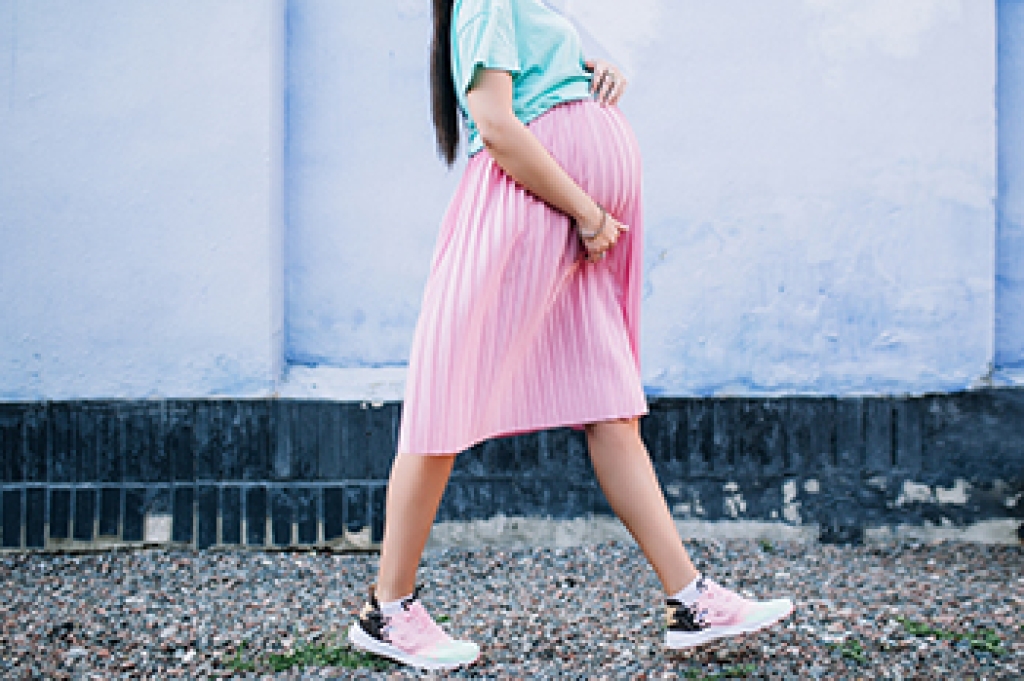
The emergence of purple-hued feet in the elderly can be a mystifying occurrence, signaling an array of potential underlying factors. Reduced blood circulation, often a consequence of aging, can contribute to this discoloration as blood struggles to reach the extremities. Chronic venous insufficiency, where veins struggle to pump blood back to the heart, may intensify the purple color. Additionally, peripheral artery disease, a condition involving narrowed arteries, can impede blood flow, casting a violet shadow over the feet. Diabetes, a common companion of aging, may also play a role, influencing blood vessel integrity. Medications, inadequate hydration, or prolonged periods of immobility are other facets of the intricate tapestry that could contribute to this phenomenon. If this condition applies to you, or if you are caring for someone who has this ailment, it is suggested that a podiatrist be consulted who can accurately determine what the cause is, and offer correct treatment options.
Proper foot care is something many older adults forget to consider. If you have any concerns about your feet and ankles, contact Vincent, Vess from Fourth River Foot & Ankle. Our doctor can provide the care you need to keep you pain-free and on your feet.
The Elderly and Their Feet
As we age we start to notice many changes in our body, but the elder population may not notice them right away. Medical conditions may prevent the elderly to take notice of their foot health right away. Poor vision is a lead contributor to not taking action for the elderly.
Common Conditions
- Neuropathy – can reduce feeling in the feet and can hide many life-threatening medical conditions.
- Reduced flexibility – prevents the ability of proper toenail trimming, and foot cleaning. If left untreated, it may lead to further medical issues.
- Foot sores – amongst the older population can be serious before they are discovered. Some of the problematic conditions they may face are:
- Gouging toenails affecting nearby toe
- Shoes that don’t fit properly
- Pressure sores
- Loss of circulation in legs & feet
- Edema & swelling of feet and ankles
Susceptible Infections
Diabetes and poor circulation can cause general loss of sensitivity over the years, turning a simple cut into a serious issue.
If you have any questions, please feel free to contact our offices located in Pittsburgh, White Oak, and McKeesport,PA . We offer the newest diagnostic and treatment technologies for all your foot care needs.




